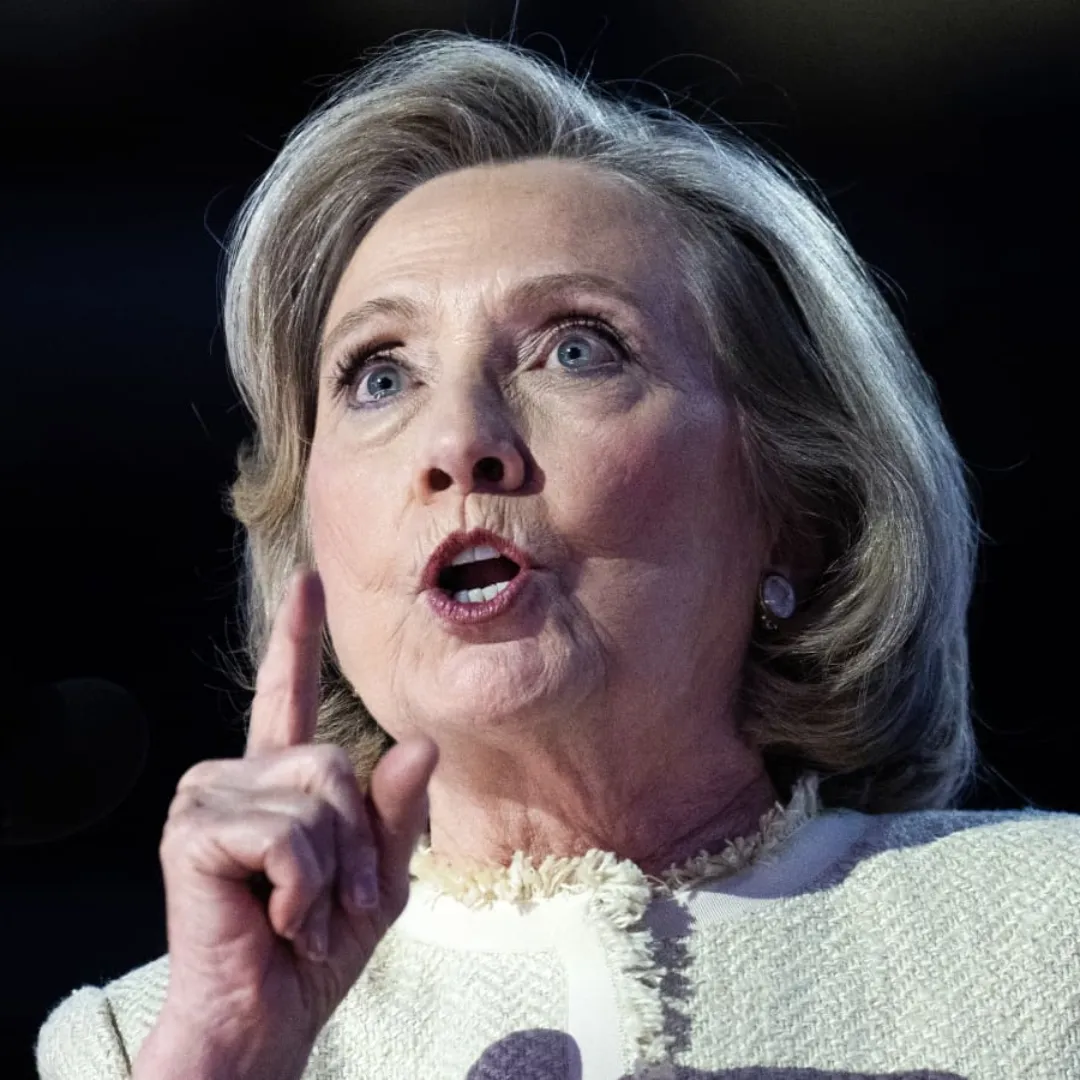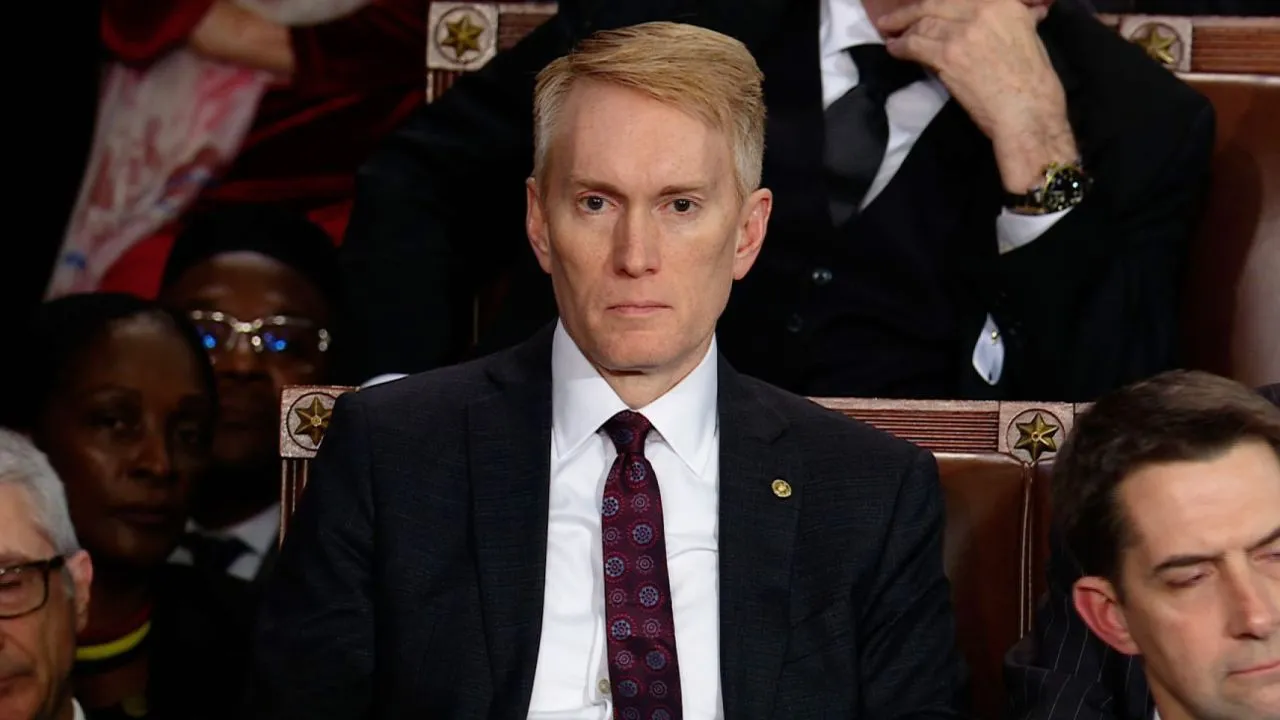
In a move that has sparked both enthusiasm and concern in financial circles, President Donald Trump recently urged investors to capitalize on the declining stock market, claiming that it presented a golden opportunity for wealth accumulation.
This bold declaration came on the heels of his administration's announcement of sweeping tariffs, which have already begun to rattle global markets.
“TO THE MANY INVESTORS COMING INTO THE UNITED STATES AND INVESTING MASSIVE AMOUNTS OF MONEY, MY POLICIES WILL NEVER CHANGE. THIS IS A GREAT TIME TO GET RICH, RICHER THAN EVER BEFORE!!!” Trump posted on his Truth Social platform on Friday.
His message, sent in the wake of a nearly 3% drop in the Dow Jones Industrial Average and the intensification of a trade war with China, presents a stark contrast to the pessimism many investors feel.
The timing of Trump's comments, however, comes at a moment when the U.S. economy is facing serious challenges.
Markets have been reacting negatively to the ongoing trade conflict, particularly after Trump imposed new tariffs on imports, targeting countries like China, the European Union, and others.
On top of the market decline, China retaliated with tariffs of its own, further escalating tensions between the two largest economies in the world.

Despite this, Trump remains steadfast in his belief that his economic policies, particularly the tariff strategy, will ultimately lead to long-term success.
His upbeat messaging, however, is in stark contrast to the immediate financial realities, where investors are bracing for potential losses.
While Trump has pointed to a positive jobs report as evidence of his administration’s success, the overarching question remains whether his policies will provide lasting stability or continue to sow uncertainty in global markets.

The last few days have been turbulent for the U.S. economy. On Friday morning, the Dow Jones Industrial Average dropped by nearly 1,170 points, a significant plunge following a nearly 1,700-point decline the day before.
These losses came amid fears that Trump's trade war with China, initiated by his decision to impose hefty tariffs, would lead to slower global growth and a reduction in international trade.
Markets are closely watching the impact of these tariffs on the U.S. economy. The tariffs, which will impose a 10% levy on all imports, are expected to have wide-reaching consequences.
However, the most significant effects are expected to be on agricultural exports, with China announcing retaliatory tariffs targeting American agricultural goods like soybeans, pork, and other key products.
For investors, the market downturn prompted by these tariff escalations is alarming. Stock prices are down, and many investors are concerned about the uncertainty surrounding future trade relations.
Trump, however, sees this volatility as a necessary part of his strategy. He has repeatedly said that he believes these measures are necessary to correct what he perceives as an unbalanced trade system, with other countries taking advantage of the U.S.
While Trump insists that his tariffs will ultimately lead to a stronger U.S. economy and more jobs, the immediate effects are causing some concerns on Wall Street.
Even with the positive jobs report released on Friday, many experts remain cautious about the long-term impact of the trade war.

On a more positive note, the U.S. economy did receive some encouraging news on Friday with the release of the March jobs report.
According to the Labor Department, the U.S. economy added 228,000 jobs in March, far surpassing the expected 135,000 new jobs.
The unemployment rate also remained steady at 4.2%, showing resilience in the labor market despite the global uncertainties surrounding trade.
Trump seized on this news as further evidence that his economic policies are working.
“Great job numbers, far better than expected. It’s already working. Hang tough, we can’t lose!!!” Trump wrote on Truth Social, echoing his usual optimism.
He has consistently pointed to strong job growth as a sign of his economic agenda bearing fruit, despite the turbulence in other areas of the economy.
However, economists caution that while the job numbers are encouraging, they were collected before the full impact of the new tariffs began to take hold.
The Labor Department report, which showed a modest decline of 40,000 government jobs, doesn’t reflect the potential impact of the tariffs that were announced in late March.
As such, it’s unclear whether this positive job report will be a one-off or part of a more sustained trend.

The key issue at hand, however, remains the growing trade war between the U.S. and China.
Trump’s tariff policy has already imposed steep taxes on imports from China, and the European Union has also been targeted with tariffs of up to 20%.
The U.S. administration is betting that the pain caused by these tariffs will force China and other trading partners to come to the negotiating table, agreeing to more favorable trade terms for the U.S.
For many Republicans and business leaders, this strategy is a risky one. While tariffs can protect American industries in the short term, there’s concern about how they will affect key sectors of the economy, especially agriculture and manufacturing.
As the tariffs continue to escalate, farmers in the U.S. are facing a difficult reality. China’s retaliatory tariffs on American agricultural goods could significantly impact U.S. exports, and some farmers worry that they may not be able to recover from the financial blow.
GOP senators have voiced concerns about the tariffs, particularly those in states where agriculture plays a vital role in the economy. Senator Jerry Moran of Kansas, where farming is a significant industry, expressed alarm at the news of retaliatory tariffs.
“Most Kansans, including agriculture, which is so affected, I think they were expecting something less dramatic,” Moran said. This sentiment is shared by many in rural America, where farmers and ranchers are already struggling to cope with the volatility of global markets.

The broader political implications of Trump’s tariff policy are also worth considering. Trump’s decision to push for tariffs is part of a larger populist, protectionist agenda that has become a hallmark of his presidency.
His messaging, which often focuses on "America First," appeals to a segment of the population that feels left behind by globalization.
Many working-class Americans, especially in manufacturing-heavy regions, have seen their jobs move overseas as a result of trade deals, and Trump’s tough stance on trade is viewed as an attempt to rectify those imbalances.
However, the trade war also highlights the deep divisions in American politics. While Trump’s supporters view his tariffs as a necessary step to combat unfair trade practices, his critics argue that the long-term consequences could outweigh any short-term benefits.
The tensions surrounding the tariffs have already sparked a broader debate about the future of U.S. trade policy and the role of protectionism in a globalized economy.
As the trade war intensifies, the question remains: will Trump’s economic strategy ultimately succeed? The administration insists that the pain caused by the tariffs will be temporary and that the U.S. will emerge stronger in the long run.
In the short term, however, there is growing concern about the potential damage to key industries and the broader market.

While some investors may take Trump’s advice and see the market downturn as an opportunity to buy low, others are bracing for further volatility.
Ultimately, the success of Trump’s economic policies will depend on how well the U.S. is able to weather the storm of a trade war with China and other nations.
If the president’s aggressive tariff strategy leads to meaningful trade reforms and a stronger U.S. economy, his critics may be forced to reconsider their stance.
However, if the trade war continues to escalate without a clear resolution, the economic damage could be far-reaching, impacting millions of Americans in the process.



